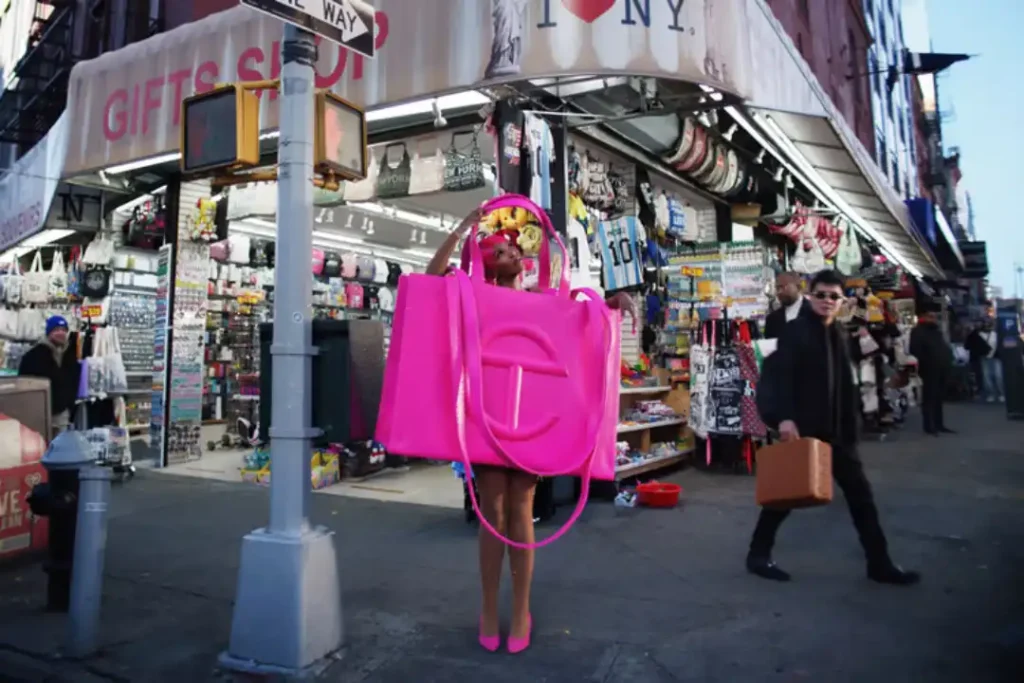In today’s fast-paced digital world, fashion brands are constantly seeking new ways to capture consumer attention and drive sales. A growing trend is the exploitation of consumer obsessions, often referred to as “brainrot,” to fuel the demand for new products. This phenomenon raises important questions about the ethics and impact of such marketing strategies.
Understanding Consumer Obsession: The “Brainrot” Phenomenon
Understanding Consumer Obsession: “Brainrot” refers to the intense and often irrational fixation that consumers develop for certain trends, products, or brands. This obsession can be driven by various factors, including social media influence, celebrity endorsements, and the fear of missing out (FOMO). Fashion brands are increasingly leveraging these psychological triggers to boost sales and build brand loyalty.
Exploiting Consumer Obsession: Marketing Strategies of Fashion Brands
Exploiting Obsession: Many fashion brands have become adept at exploiting consumer obsession through strategic marketing campaigns. Limited edition releases, exclusive collaborations, and influencer partnerships are common tactics used to create a sense of urgency and scarcity. These strategies tap into the consumer’s desire for uniqueness and status, often leading to impulsive purchases.
Social Media’s Role in Consumer Obsession
Social Media’s Role: Social media platforms play a significant role in fostering consumer obsession. Brands use these platforms to create buzz around new releases, engage with followers, and build a community of dedicated fans. The constant stream of content and the pressure to stay up-to-date with the latest trends contribute to the “brainrot” phenomenon.
Ethical Concerns in Exploiting Consumer Obsession
Ethical Concerns: The exploitation of consumer obsession raises several ethical concerns. Critics argue that such strategies can lead to overconsumption, financial strain, and negative mental health effects. The pressure to constantly acquire new products can result in unsustainable buying habits and a cycle of short-lived satisfaction.
Growing Consumer Awareness and Ethical Practices
Consumer Awareness: As consumers become more aware of these marketing tactics, there is a growing call for transparency and ethical practices in the fashion industry. Many are advocating for responsible consumption and the need for brands to prioritize sustainability and authenticity over profit-driven strategies.
Brand Responsibility in Marketing Strategies
Brand Responsibility: Fashion brands have a responsibility to consider the impact of their marketing strategies on consumers. Ethical marketing practices that promote transparency, sustainability, and genuine engagement are essential for building long-term trust and loyalty. Brands that prioritize these values are more likely to succeed in an increasingly conscious consumer market.
Conclusion: Balancing Sales and Ethical Concerns
Conclusion: The exploitation of consumer obsession by fashion brands is a complex and multifaceted issue. While it can drive sales and brand loyalty, it also raises important ethical concerns. As consumers become more aware of these tactics, there is a growing demand for transparency and responsible marketing practices in the fashion industry.














